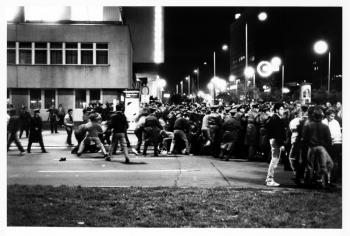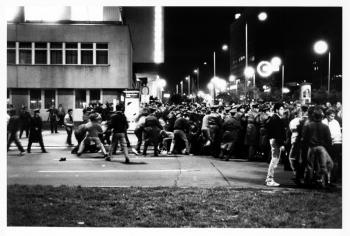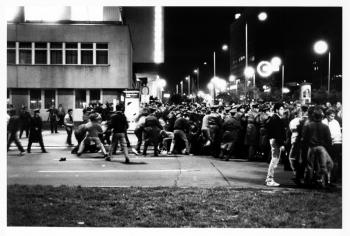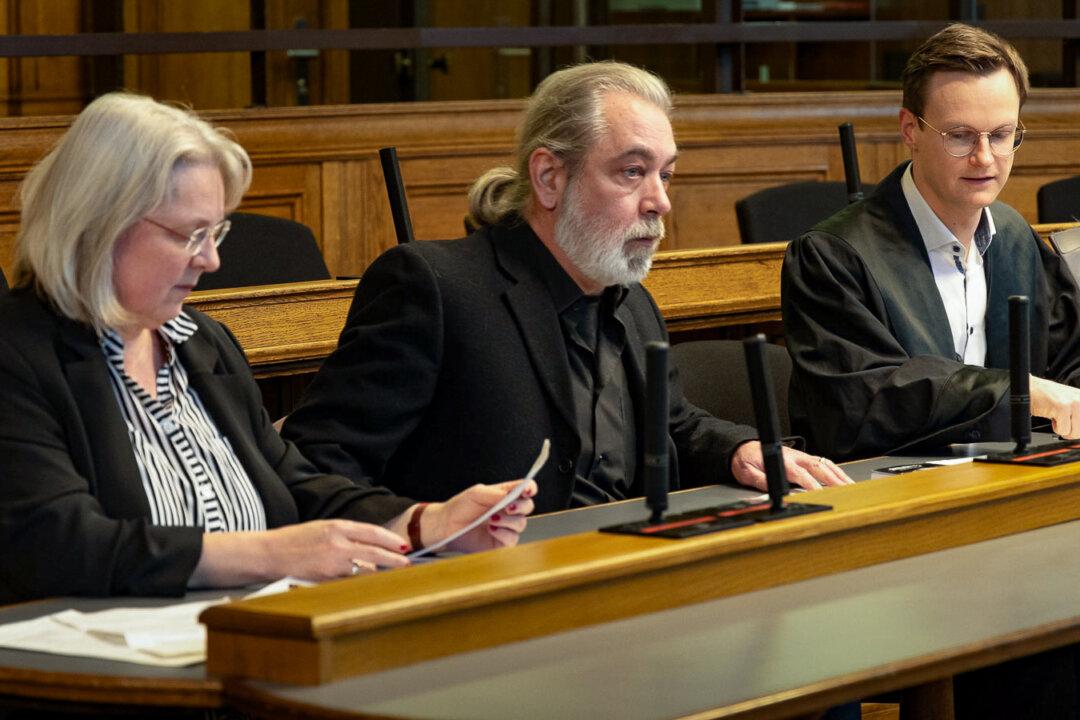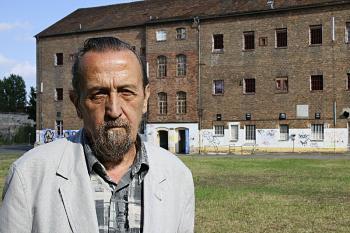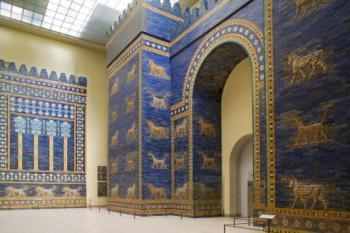Two men, two paths—even though many aspects of their lives are different, both men, due to their backgrounds and consciences, experienced the pain of extreme measures of deprivation, intimidation and ostracism. This two-part article will explore what these men both experienced in their life: a suppressive political system influenced their future.
Horst Pfeiffer, born in1956, was a production worker in the Cottbus textile factory. He frequently questioned the operational procedures there, and thought them to be too far away from democratic decision-making processes. During one meeting, he posited the questions: “why are the department heads not directly elected by the work team?” and “why vote, if there is only one candidate?”
In fact, Article 2 of the Constitution of 1974 of the German Democratic Republic (GDR) clearly stated that:
“All political power in the German Democratic Republic is exerted by the workers of city and country. Humans are at the center of all efforts of the socialist society and its state. The further advancement of the material and cultural progress of the people is based on a high rate of development of socialist productivity, with its continued growth and effectiveness. Scientific-technologic progress and the growth of productivity is the crucial task of the developed socialist society.”
Furthermore, “The firm alliance of the working class with the class of cooperative farmers, the members of the intelligentsia and the other strata of the people, the socialist property gained through means of production, the schema and guidance of social development, after the most advanced recognition of science, form the inviolable foundation of the socialist social order.”
In addition, “The exploitation of humans by other humans is to be eliminated. What the people’s hands create, is the property of the people. The socialist principle of “from each according to his abilities, to each according to his needs” is carried out.”
Reality, however, was a far cry off, completely disconnected from these directives. This disconnectedness was what Pfeiffer chose to address.
Imprisoned in the Notorious Bautzen I –The ‘Yellow Misery’
Pfeiffer was taken aside for his comments, and was warned that his behavior could result in criminal prosecution: he ran the risk of incurring a prison sentence. To avoid the possibility of being arrested, in June of 1980, he attempted to escape, through the border triangle, the shared border between the Czech Republic, Poland and Germany, located near Plauen, in Saxony. (The area is also infamously known as the “Black Triangle” region, due to the very high levels of industrial pollution here.)
